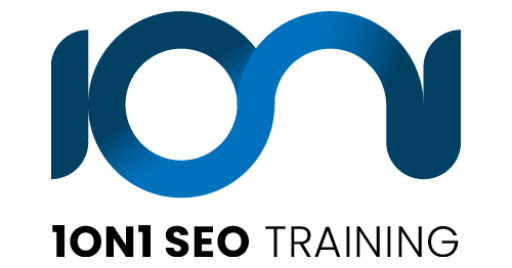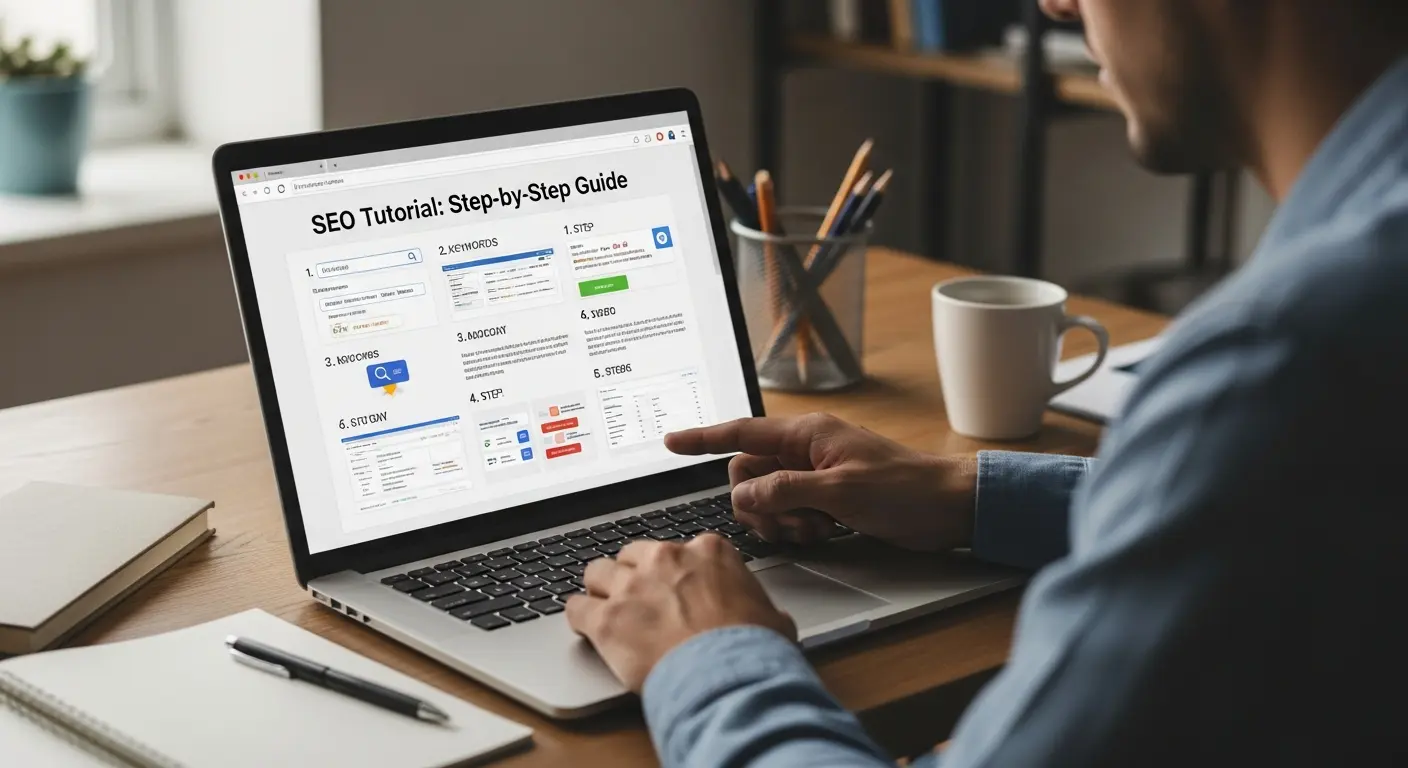SEO has saved countless businesses. Learn why.
Whether you're a professional looking to market your services or a business owner hoping to get a slice of the market online, it's always a good idea to learn about digital marketing before signing up for software licenses and services.
You can watch YouTube videos, read books, or sign up for a digital marketing course. However, the market for digital marketing courses is so extensive that you'd be hard-pressed to pick which one to tackle first.
The Case for Learning Search Engine Optimization (SEO)
Learning SEO is the most logical choice if you want to master nearly all aspects of digital marketing. The two main categories of digital marketing are inbound marketing and outbound marketing.
What's outbound marketing?
Outbound marketing focuses on online advertising, unsolicited emails (spam), and cold calling. Inbound marketing is about connecting your brand as naturally and helpfully as possible to a target audience. Search engine optimization is part of the family of inbound marketing strategies.
What's SEO?
SEO focuses on improving website visibility to improve lead generation, increase sales, and make people more aware that a brand and its products and services exist. Always remember the maxim on the internet: if you don't show it, people won't know it exists.
Is SEO "slow?"
Some people believe that SEO 'takes too long.'
The view that SEO is 'slow' is largely misguided. Unless you have the most massive omnichannel marketing budget running nonstop 24/7, search engine optimization is the most practical and long-term solution for growth on the internet.
SEO is not separate from digital marketing. However, in a world where marketing and advertising are often blurred, SEO maintains the most precise communication line to customers.
Returning and new customers can find your website while simply surfing the web. There's no additional effort required if you engage in a sensible SEO campaign. The best thing about this situation is that anyone can learn SEO and excel by working with an SEO coach with regular SEO training sessions. When we say that anyone can learn SEO, we genuinely mean it.
How do the pros learn SEO?
Many digital marketing professionals shift from one branch of digital marketing to another through self-learning and signing up for digital marketing courses. So don't be confused if we use "digital marketing" and "search engine optimization."
How can SEO help your business?
There is no difference between the two: SEO is an effective means of reaching consumers in the long term. You can compare search engine optimization with building a digital city for your business online.
That digital city, comprising targeted and valuable content, will remain available to potential customers for as long as your website is online.
Unlike online advertising, valuable content doesn't disappear after your ad campaign. They're there for as long as you like. Some websites are almost 30 years old as of this writing.
The content of older and more authoritative websites can age gracefully, like fine wine, and garner even more authority and relevance in the SEO arena.
I guess we're trying to say here that if you're interested in SEO and believe that inbound marketing can help your business, it's best to start early.
What Will You Learn in an SEO Digital Marketing Course?
An SEO digital marketing course offers a more structured approach to learning the fundamentals of search engine optimization. Courses and books on SEO typically break down an SEO strategy into several pillars.
On-Page SEO
Boosting your website's on-page SEO can result in a flood of new visitors and potential buyers.
This aspect of SEO is wholly under your control. Ultimately, you decide what happens to each page on your website. On-page SEO helps website owners accomplish their goals, improving clicks or reducing bounce rates.
On-page SEO also helps target your website audience. You get to pick which specific phrases and words you want to optimize for. Elements of site code, architecture, and content play a role in effective on-page optimization.
On-page SEO is crucial because it provides Google with information about your website and its value. It aids in making your site more accessible to both humans and search engine crawlers. Having a website isn't enough; you need to optimize it for Google and other search engines if you want to rank and attract new visitors.
Off-Page SEO
Any work done away from your website to boost your search engine rankings is considered off-page SEO. Insights into your content's quality can be gleaned from which websites mention your brand and in what context. Therefore, off-page SEO shares many facets with other channels, like social media and viral marketing.
Off-page SEO tracks that mention your company online. Your blog posts will gain credibility and authority when reputable websites link to them. "Link juice" helps increase rankings on SERPs. Therefore, an off-page campaign's backbone will always involve steps to gain backlinks.
Every content marketer's off-page SEO strategy includes link building, but there are other ways to improve your website's visibility online. For example, off-page SEO considers how people interact with your content after seeing it, while on-page SEO concentrates on creating valuable content.
Technical SEO
Technical search engine optimization is the process of enhancing your website's accessibility for crawlers, spiders, and indexers. To be successful, you must first be visible.
Search engines "crawl" the web to collect content and follow links to additional sources. Crawling on your site can be managed in a few different ways. What follows is a selection of feasible alternatives. To better understand how Google is crawling your site, you can check out the "Crawl stats" report in Google Search Console.
Accessing your server logs and perhaps employing a tool to evaluate and assess the data will allow you to understand the trend of crawl activity on your website. In addition, tools like Awstats can help access raw logs if your hosting provider uses a control panel like cPanel.




